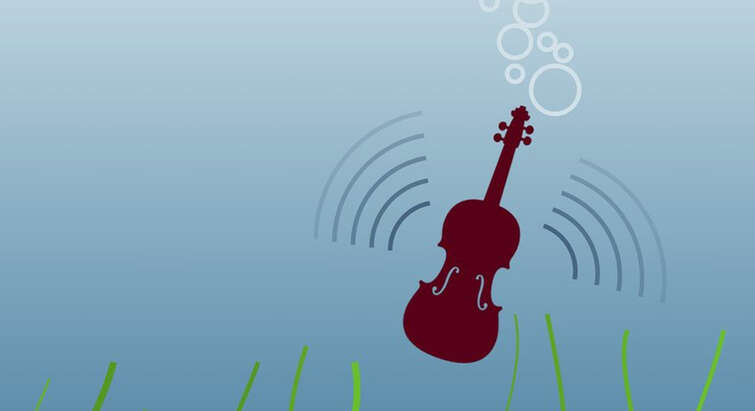
News about Physics
Viser 97 til 120 af 1494 dokumenter.


Strong students write paper in ´Lenshouse´
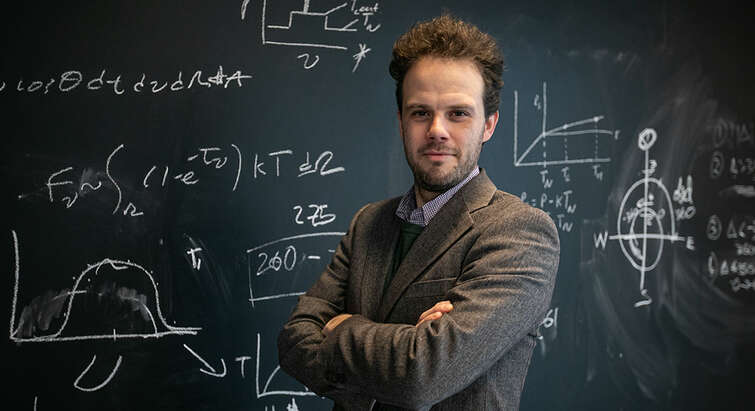
European Research Award to Johan Samsing
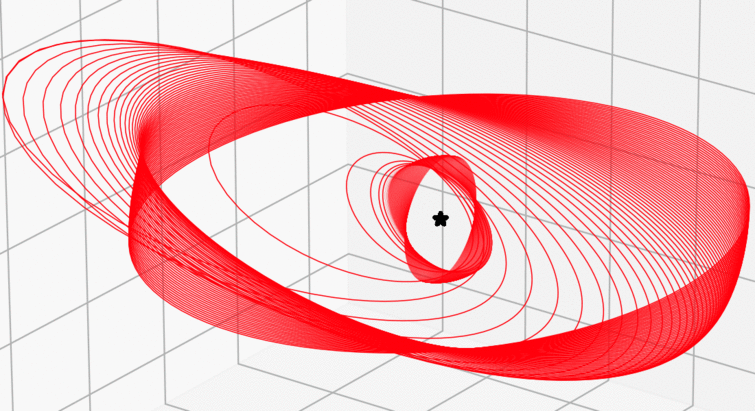
“Super-Earth” in planetary system shedding new light on planetary evolution
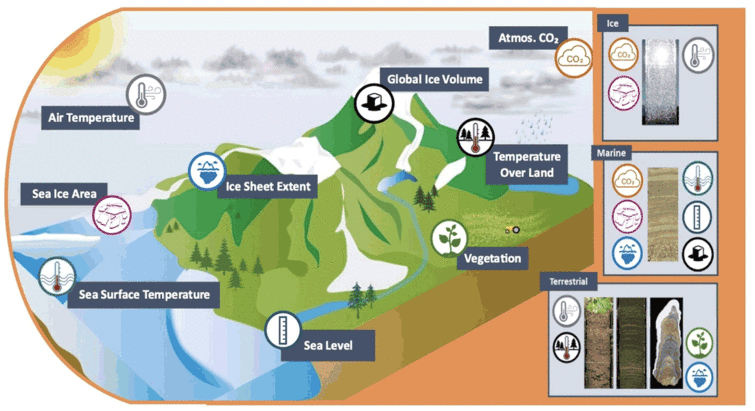
Major project launched: improving climate models with historical data

Jacob Bourjaily receives Lars Kann-Rasmussen Prize 2025

Filippo Leveraro
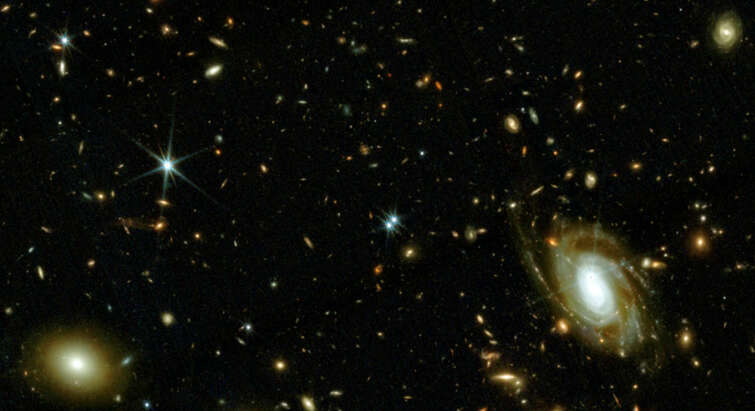
New insights into galaxy growth and dark matter from James Webb

Paper selected for Physical Review Letters Collection of the Year 2024
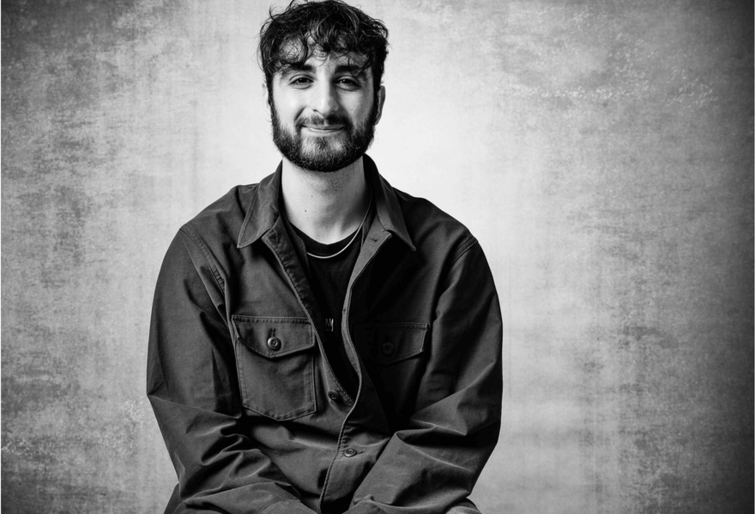
PhD defense by Daniele Pica, NBI/Perugia
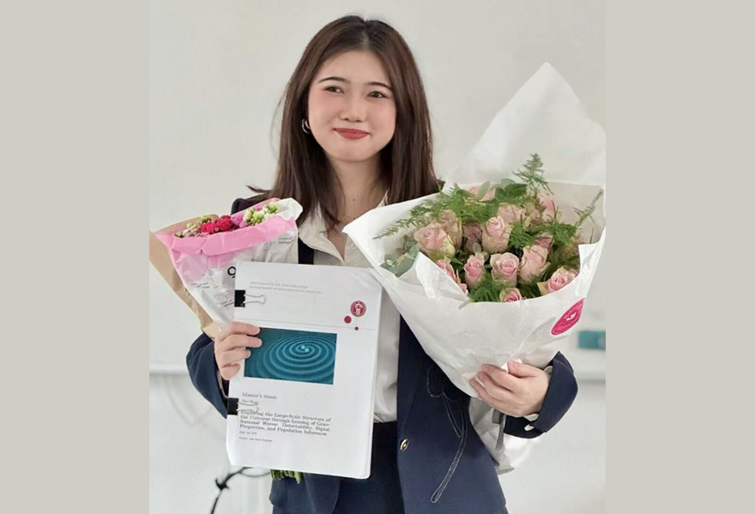
Master defense by Miao Shang
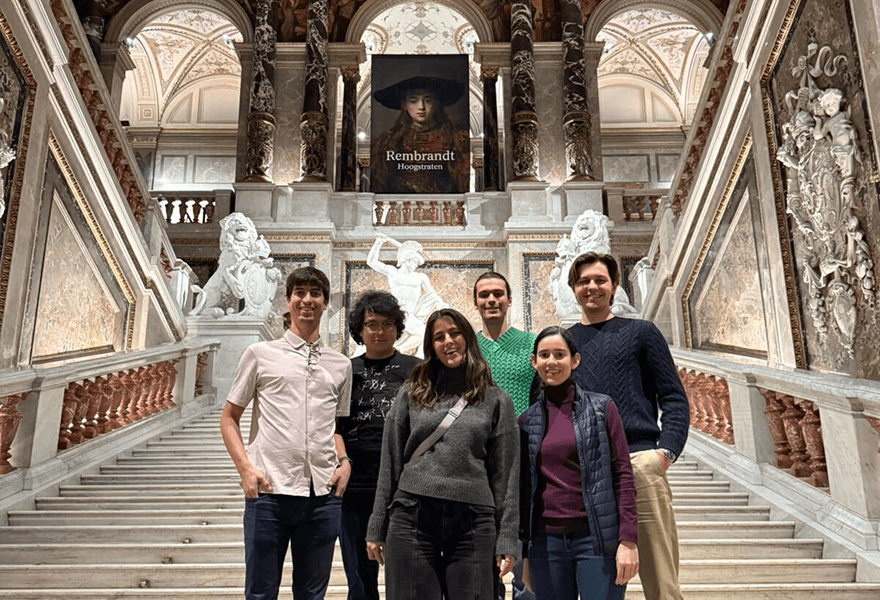
Strong at Erwin Schrödinger Institute, Vienna

Julia Yeomans and Charles Marcus join NBIA's Scientific Advisory Board
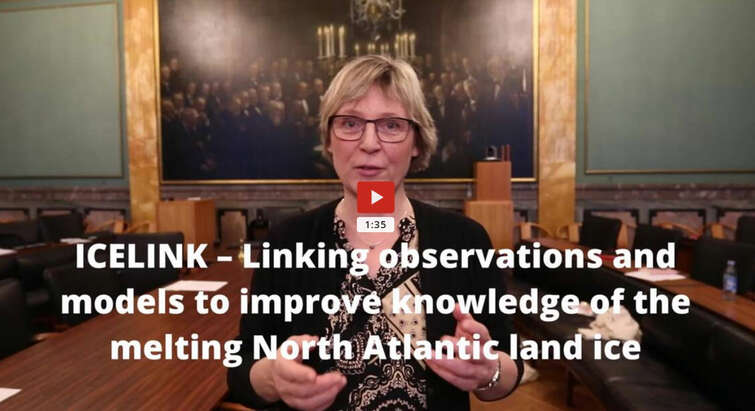
New international climate project in the North Atlantic

New Assistant Professor Ziqi Yan receives Villum Young Investigator Grant

Clara Celeste Qvotrup

Niels Fabrin Nymand
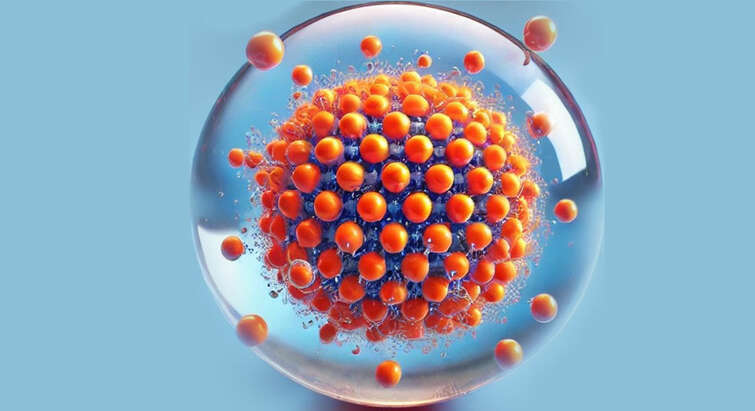
Journal cover to Ph.D. student for encapsulating Ibuprofen

Siri Stenstrup Hjermind

Amin Doostmohammadi receives Carlsberg Foundation Infrastructure Grant

Gonzalo Prieto-Lyon
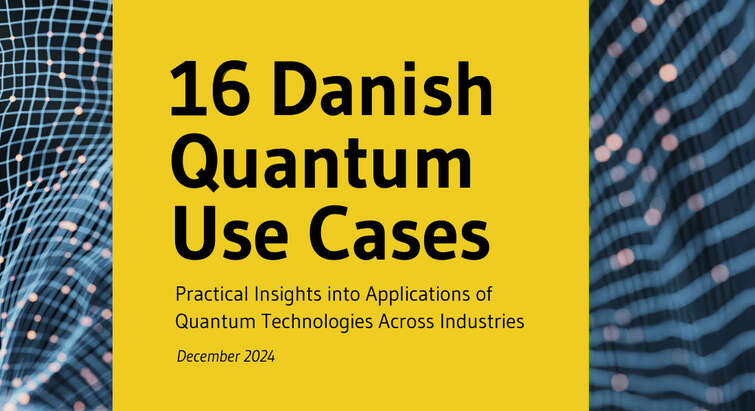
Quantum sensor for MRI mentioned by Erhvervsstyrelsen in new publication

Carlos F. D. Faurby

